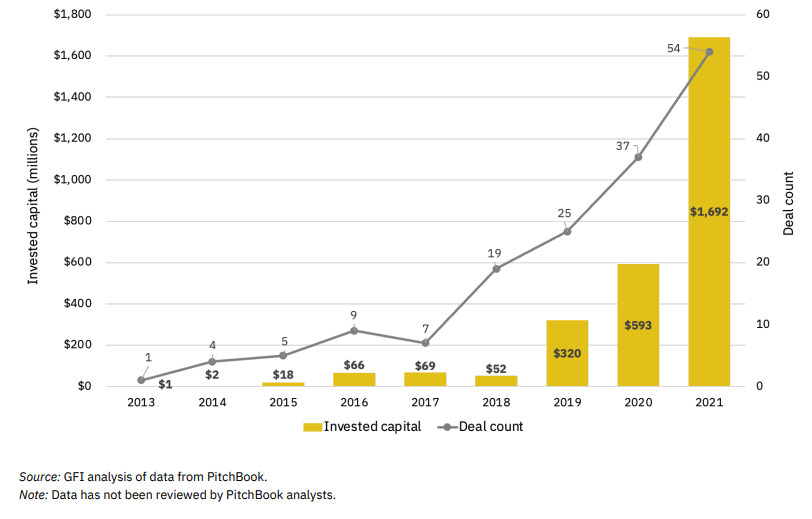In 2024, imagine walking into Burger King and ordering a mammoth burger. No, not one that is bigger than your head; this Whopper will taste like the extinct proboscideans that roamed the earth millions of years ago. It’s all part of the magic from a Belgium-based food ingredient company called Paleo.
After two years, Paleo has come out of stealth mode to announce its technology to bring the authentic taste and aroma of meat and fish to plant-based meat and fish alternatives with a non-GMO, animal-free heme. As part of that announcement, the World International Property Organization has published Paleo’s patent application, finally allowing Paleo to share details of its precision fermentation technology.
Hermes Sanctorum, CEO and co-founder of Paleo: “When we set out to create the ultimate animal-free meat or fish experience, we quickly zeroed in on heme. Without exaggeration, we can say that we cracked the code of heme, allowing us to produce GMO-free heme that’s bio-identical to the most popular meats and tuna – as well as mammoth.”
More about the mammoth burger shortly.
Heme, a precursor to hemoglobin, is an essential molecule found in every living plant and animal. In short, it makes meat taste like meat, giving it its mouthfeel and umami sensation. Paleo has created a bio-identical heme that, through precision fermentation, can be adapted to add a specific taste to beef, pork, chicken, and even fish. Heme is essential when it comes to resembling conventional meat products. Heme is responsible for the taste and color of meat. Before cooking, heme will give meat alternatives a red color that turns brown during cooking. Heme also offers superior nutritional value. The iron in heme is easier for the human body to absorb than iron in vegetables.
In an interview with The Spoon, CEO Sanctorum explains the process: “We make the yeast release the protein to the environment, which means you can separate your protein. It’s a pure protein that you have separated from the yeast cells, making it a non-GMO product. We can produce an animal protein identical to what you find in nature but on top GMO-free. So that’s, I think, our unique proposition.”
“It’s like basically like brewing beer,” Sanctorum goes on to explain. “Instead of making alcohol, it makes a protein that you want. Instead of brewing or making wine, it’s producing the animal heme.”
Although the company has been working on its technology since 2020, its patent announcement is a significant step forward that inches closer to realizing a finished product. Sanctorum expects to have market-ready products in 2023, even with the number of steps that need to be tackled. Given precision fermentation at scale is a cap-ex-heavy investment, one reason to share their patent with the world is to attract investors. To date, Paleo has raised $2.5 million in seed funding and $ 2.5M in seed funding and is working on a Series A round to bring its products to the market and broaden its portfolio.
Another issue is the breadth of products. The ability to create a variety of hemes may sparkle in a press release, but, as Sanctorum acknowledges, focusing on one area to start is a more prudent approach for a young company. Part of that B2B process is working closely with prospective customers. “A lot will depend on demand from our clients,” he said. “We are talking to big and small food manufacturers like small ones, and it will be all about testing those heme proteins and to see how they behave in their commercial recipes.”
Opening its technology kimono also brings potential challenges for Paleo from other companies working on similar approaches. Impossible Foods filed a lawsuit against Motif Foodworks, claiming the company’s HEMAMI protein derived from precision fermentation infringed on Impossible’s patent for making plant-based burgers containing 0.1% to 5% heme protein. Sanctorum calls the legal battle a “side event” and refuses to let it impede his or Paleo’s vision moving forward.
Back to the mammoth burger. Creating hemes for popular foods of today’s world is obvious, but reaching back hundreds of centuries—the question is why?
“Well, it was basically it started as a challenge to us,” Sanctorum said. “I mean, we were thinking, okay, if we can make the obvious ones, can we do that for an ancient protein that doesn’t exist anymore?”
Perhaps the better answer is, why not?
















